L-Lactate-induced activation of PKA pathway sensitizes nociceptive transmission in mice
01/30/2020
Masahiro Ohsawa1, Keisuke Miyamoto1, Daisuke Uta1, Kazuhiko Kume1
Activation of spinal dorsal horn astrocytes (SDH) is proposed to play an important role not only in the maintenance but also in the initiation of neuropathic pain. Generally, astrocytes mainly metabolize glucose to L-lactate through the glycolysis during neuronal activation and the L-lactate is shuttled to neurons to maintain and facilitate neurotransmission. We recently reported that the selective activation of spinal dorsal horn astrocytes induces mechanical hyperalgesia due to excessive L-lactate supply to neurons through monocarboxylate transporters (MCTs). In this study, we investigated the intracellular mechanisms of spinal L-lactate-induced mechanical hyperalgesia. Male C57BL/6J mice weighing 20-30 g were used. Mechanical allodynia was assessed according to the von Frey test. Protein expression was measured by western blotting or immunohistochemistry. After transporting from astrocytes to neurons, L-lactate is converted to pyruvate. The pyruvate produces adenosine triphosphate (ATP) through the Krebs cycle. Thus, we examined the effect of inhibition of adenylate cyclase (ADCY) on L-lactate-induced mechanical hyperalgesia. The ADCY inhibitor, NB001 (10 μg, i.t.) attenuated L-lactate-induced mechanical hyperalgesia. I.t. treatment with L-lactate increased the expression both of phosphorylated protein kinase A (PKA) and cAMP response element binding protein (CREB), which were attenuated by the pretreatment with monocarboxylate transporters (MCTs) inhibitor, α-cyano-4-hydroxycinnamate (4-CIN, 500 ng, i.t.). L-Lactate-induced mechanical hyperalgesia was attenuated by the pretreatment of KT5720. These results suggest that the L-lactate supplied from astrocytes to neurons sensitizes the nociceptive transmission in the spinal cord through the phosphorylation of PKA and CREB, which were induced by neuronal cAMP production.
